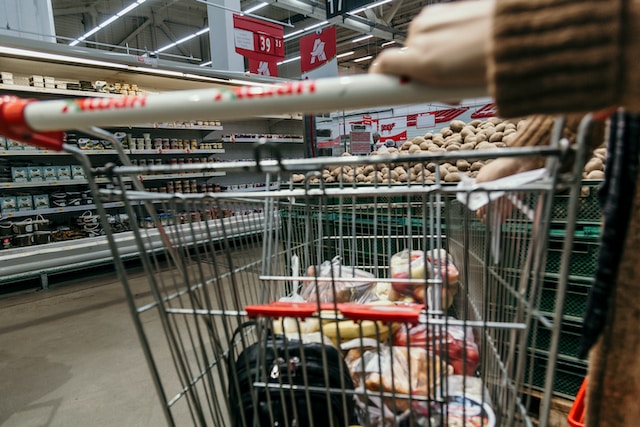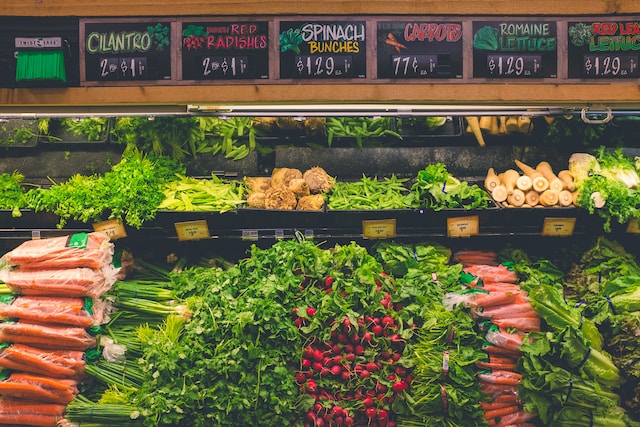It’s the end of another era in grocery shopping! The largest grocery chain in America, Kroger, is getting rid of its weekly newspaper ad circulars, which advertised the latest grocery specials, and provided coupons you could clip. Now, specials will move entirely online through the stores’ websites and loyalty apps. Printed versions will still be available at the store.
According to a Stanford University study in 2006, at least 10% of shoppers chose their store based on each week’s ads. But that was almost 20 years ago, so that percentage is probably much lower now. This change is better for some customers because digital coupons and app loyalty programs are more convenient than clipping newspapers. They are also able to deliver targeted deals, giving people coupons on items they tend to buy.

However, this move could shut out older and low-income shoppers who don’t have smartphones or computers. It’s also bad for newspapers, which will lose even more advertising revenue.
While this change may be better for some, those who don’t have access to technology may struggle to keep up. But even with the loss of paper coupons, grocery stores are determined to get shoppers the best deals possible.
This change takes time, but it is a step towards a sustainable future. By ditching paper coupons, stores are reducing waste and becoming more eco-friendly. Additionally, it saves time and energy for customers who don’t have to fumble through paper coupons to find the deals they want.

The shift to online deals and loyalty programs may present a challenge to those who prefer paper coupons, but technology is constantly improving, and it is inevitable that in the future, everyone will have access to an electronic device of some sort. Until then, stores can provide assistance in-store to assist customers in signing up for their digital loyalty programs.
Overall, the move away from paper coupons is an innovative change in the world of grocery shopping. It has the potential to provide more convenient, targeted deals, while being environmentally friendly. Nonetheless, retailers must take into consideration the potential impact on some customers who may be disadvantaged by the change, and implement solutions to assist all shoppers.









